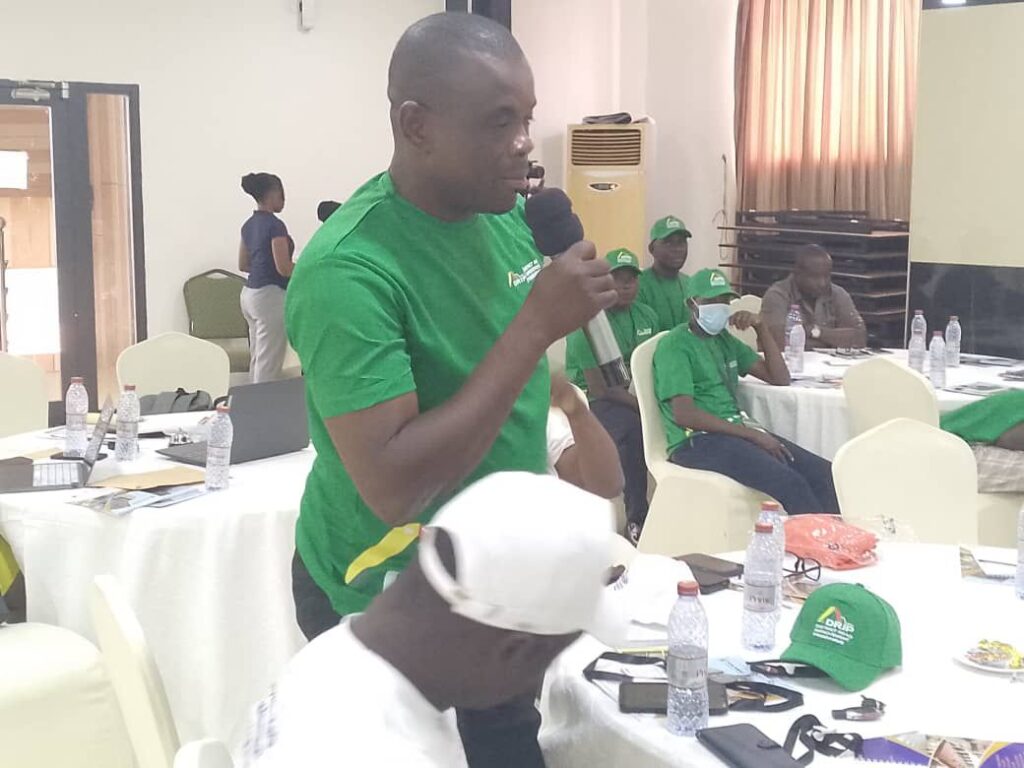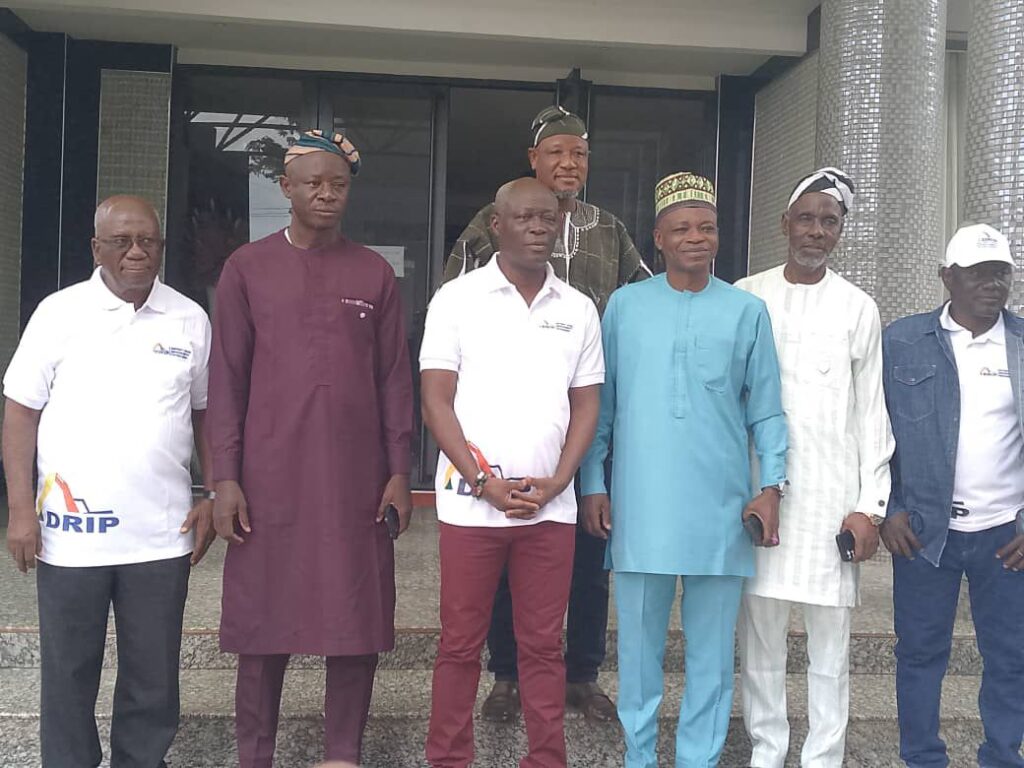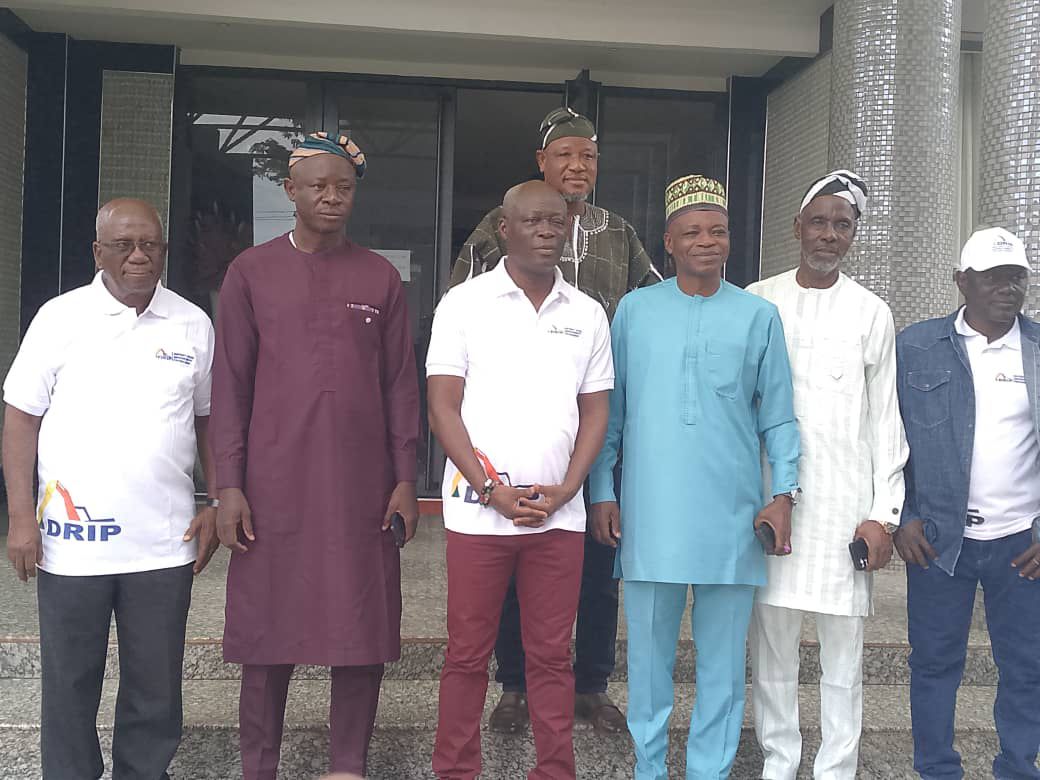Tamale, Ghana – Coordinators of the District Roads Improvement Programme (DRIP) from Metropolitan, Municipal, and District Assemblies (MMDAs) across the Northern and Savannah regions have undergone a one-day intensive orientation and training workshop in Tamale to boost their expertise in sustainable road maintenance.
The training, which forms part of the government’s renewed push for sustainable road infrastructure, equipped participants with practical skills, technical knowledge, and innovative strategies to enhance cost-effective road maintenance.
It also emphasized the importance of discipline, efficiency, and proactive management of road machinery.
National DRIP Coordinator, Mr. Nii Lantey Vanderpuye, described the training as a vital step toward strengthening Ghana’s local road infrastructure under the government’s “reset agenda.”
He noted that the initiative would help rewrite the country’s road maintenance story by instilling professionalism, improving asset oversight, and ensuring long-term sustainability.
Mr. Vanderpuye also highlighted the government’s effort to diversify funding for DRIP, beyond current allocations from the District Assemblies Common Fund (DACF), to secure continuity of the program.
At the event, Northern Regional Minister, Hon. Ali Adolf John, disclosed that the Northern Regional Coordinating Council had received new equipment, including six wheel loaders, two low beds, two bulldozers, and other machinery earmarked for distribution to MMDAs.

While welcoming the development, he cautioned some assemblies against withholding equipment beyond their usage periods, a practice he warned could limit access to vital tools needed for critical road works.
Hon. Adolf urged coordinators to apply their newly acquired knowledge to improve road maintenance, foster community growth, and ensure accountability in the use of government resources.
Echoing this sentiment, Mr. Jonas Waja, DRIP Coordinator for Tatale/Sanguli District, praised the initiative, noting that it empowers local coordinators to better execute their responsibilities and advance the President’s vision for improved road infrastructure.
Fundamentally, DRIP seeks to arm MMDAs with the machinery, expertise, and resources required to rehabilitate and construct critical local roads, particularly in rural areas where poor infrastructure restricts access to markets, schools, healthcare, and other essential services.

The program is expected to enhance road connectivity, promote economic opportunities, and improve living conditions for residents in underserved communities across Northern Ghana.
Report By: Kennedy Addy Edem






